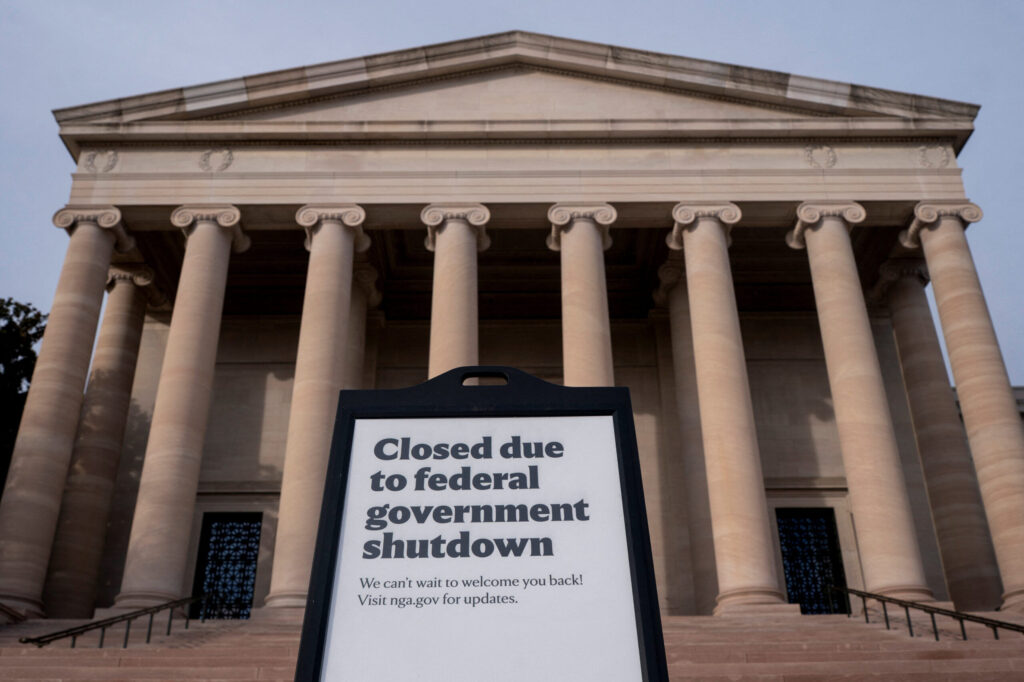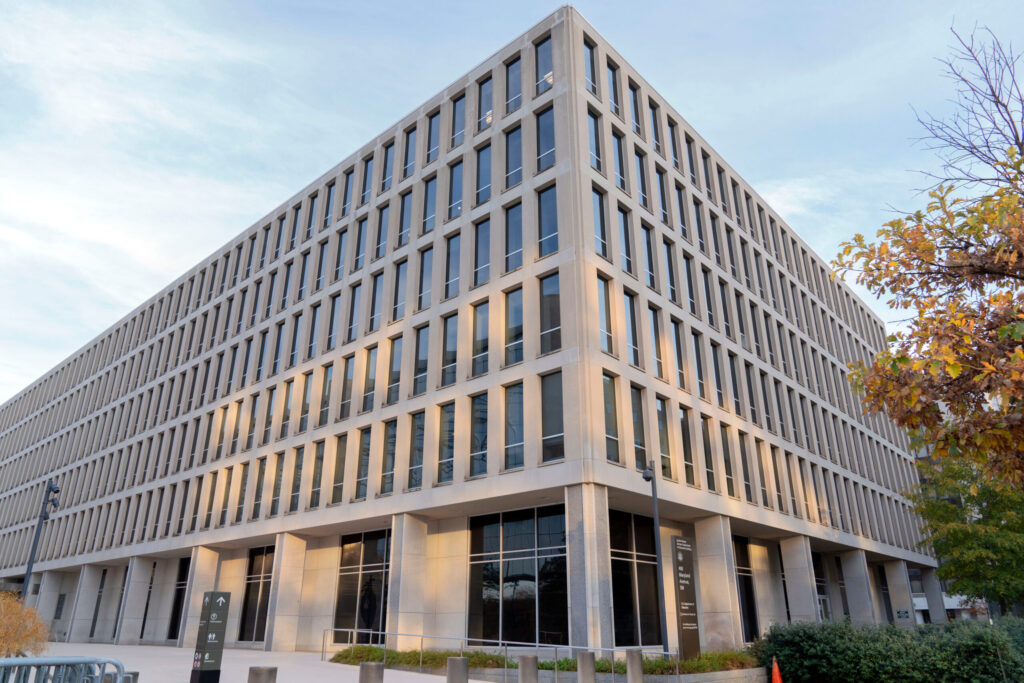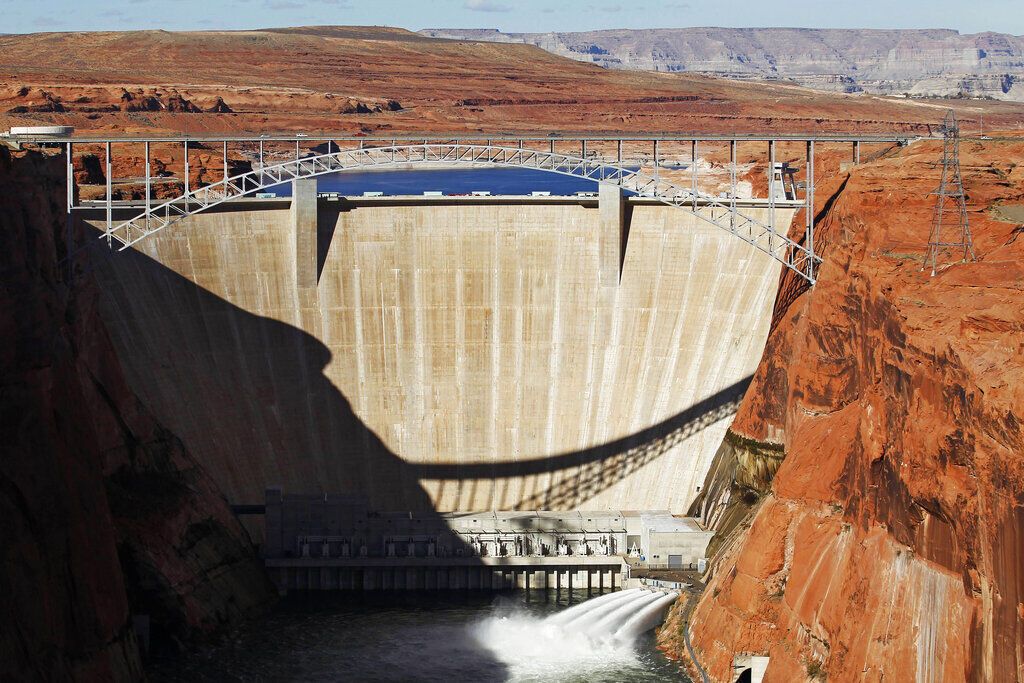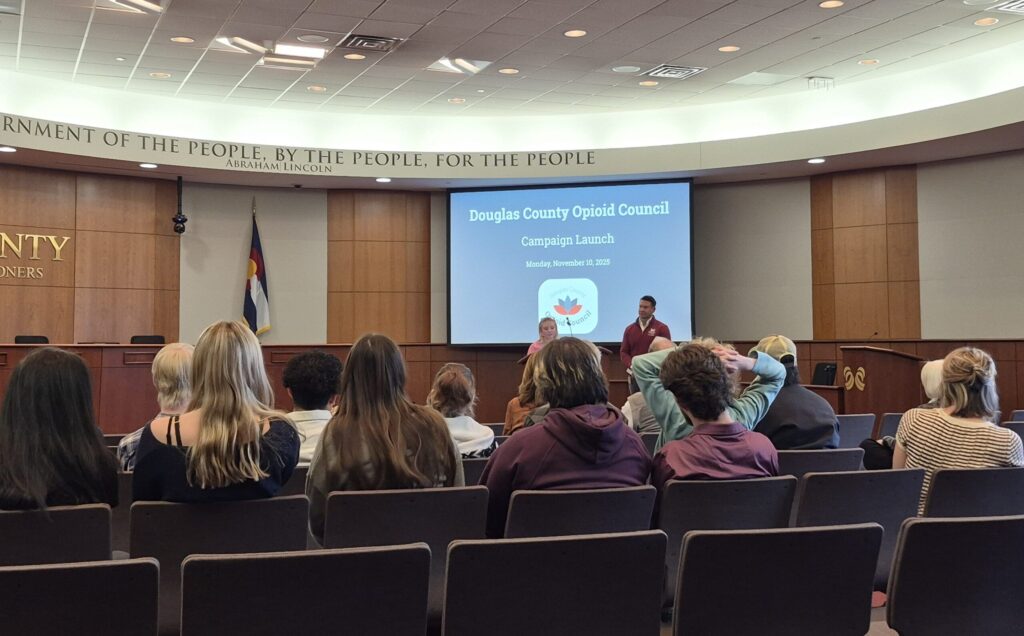Rep. Mike Coffman offers bill to ban Venezuelan oil in wake of political crisis
WASHINGTON – Colorado Rep. Mike Coffman introduced a bill Tuesday to increase the economic pressure on the troubled Venezuelan government by cutting off its oil exports to the United States.
The bill represents a more severe level of sanctions than the debt restrictions the Trump administration imposed Aug. 25.
The sanctions were partly a response to the Venezuelan Supreme Court’s decision in March to dissolve the Venezuelan parliament, called the National Assembly. The Supreme Court is led by supporters of Venezuelan President Nicolas Maduro.
In addition, Maduro announced in July he would convene a constitutional assembly to rewrite the authority of the National Assembly. Opposition leaders who controlled the National Assembly said it was a power-grab by Maduro.
Many of them support sanctions announced by the Trump administration as a means of undercutting Maduro’s political support in Venezuela and possibly unseating him.
“I believe that we must take stronger action to get Maduro to reinstate the National Assembly,” Coffman, R-Aurora, said in a statement.
His bill, called the PATRIA Act (H.R. 3673) would require Venezuela to reinstate the pre-dissolution National Assembly before the oil ban is lifted. Patria means “homeland” in Spanish.The United States purchases about half of Venezuela’s oil exports.
Coffman estimated the proposed legislation would deprive the Venezuelan economy of $10 billion in income.
“Venezuela, once the richest country of Latin America, is now a poor country without a respect for the rule of law or human rights,” said Coffman. “No doubt this could make economic conditions even tougher for the Venezuelan people but it will also deliver a devastating blow to Maduro’s ability to stay in power without restoring the democratically-elected National Assembly.”
President Donald Trump used an executive order for milder sanctions that include banning debt trades for bonds issued by the Venezuelan government and its main financial asset, Petroleos de Venezuela SA. Oil generates most of Venezuela’s export revenue.
The ban on purchases and trades of new debt could impair Venezuela’s ability to pay off the interest on its deficit, thereby deepening its economic collapse, according to economists. They blame falling oil prices and government mismanagement for the crash that fueled widespread protests, runaway inflation, crime increases and food shortages.
Maduro called the U.S. sanctions “illegal measures” that “violate international law.””They ratify an imperial path of aggression against Venezuela,” Maduro said in a statement.
In recent days, Trump has declined to rule out the possibility of military intervention in Venezuela to prevent it from becoming an anti-American authoritarian government.
“The price of the blood that could be shed by our own military has a greater value to me than any increase in the price at the pump caused by a ban on the sale of Venezuelan oil in the United States,” said Coffman, who is a member of the House Armed Services Committee.
He said a preliminary Congressional Budget Office report indicated his bill would cause a roughly $8 million per year loss in revenue for the U.S. economy.
Treasury Secretary Steven Mnuchin said when he announced the Trump administration’s sanctions that the United States might have been unintentionally assisting Maduro’s mismanagement.
“Maduro may no longer take advantage of the American financial system to facilitate the wholesale looting of the Venezuelan economy at the expense of the Venezuelan people,” Mnuchin said during a press conference.
The Venezuelan president is expected to address international allegations against him of human rights abuses during a United Nations Human Rights Council meeting next week.
The allegations were heightened last month when he said he would prosecute his political opponents for treason if they support U.S. economic sanctions. He also has blocked foreign humanitarian aid intended to ease a food and medicine shortage.
An Aug. 30 U.N. High Commissioner for Human Rights report accused Venezuelan security forces of human rights violations while trying to put down protests.











